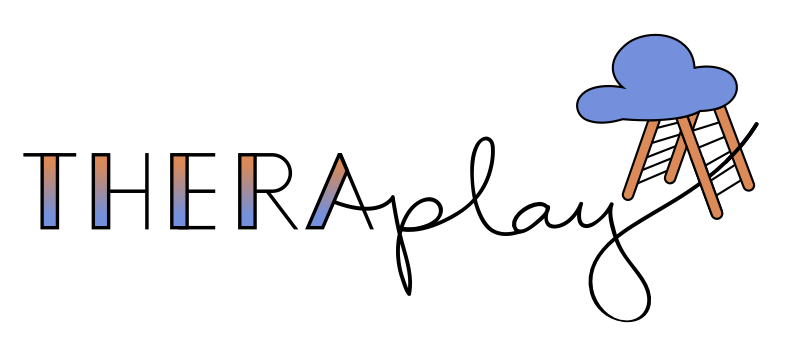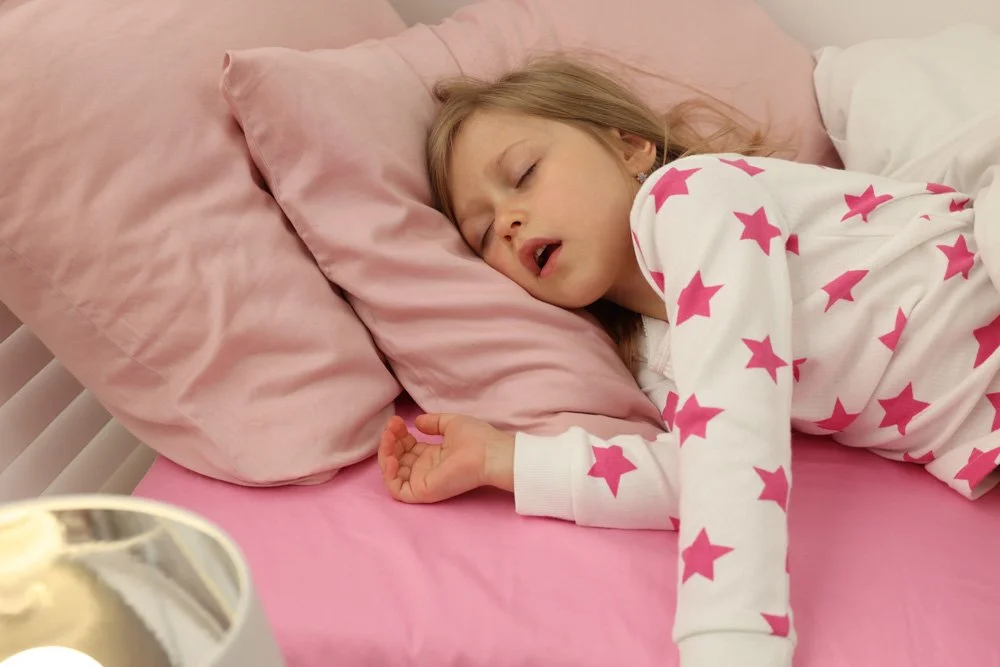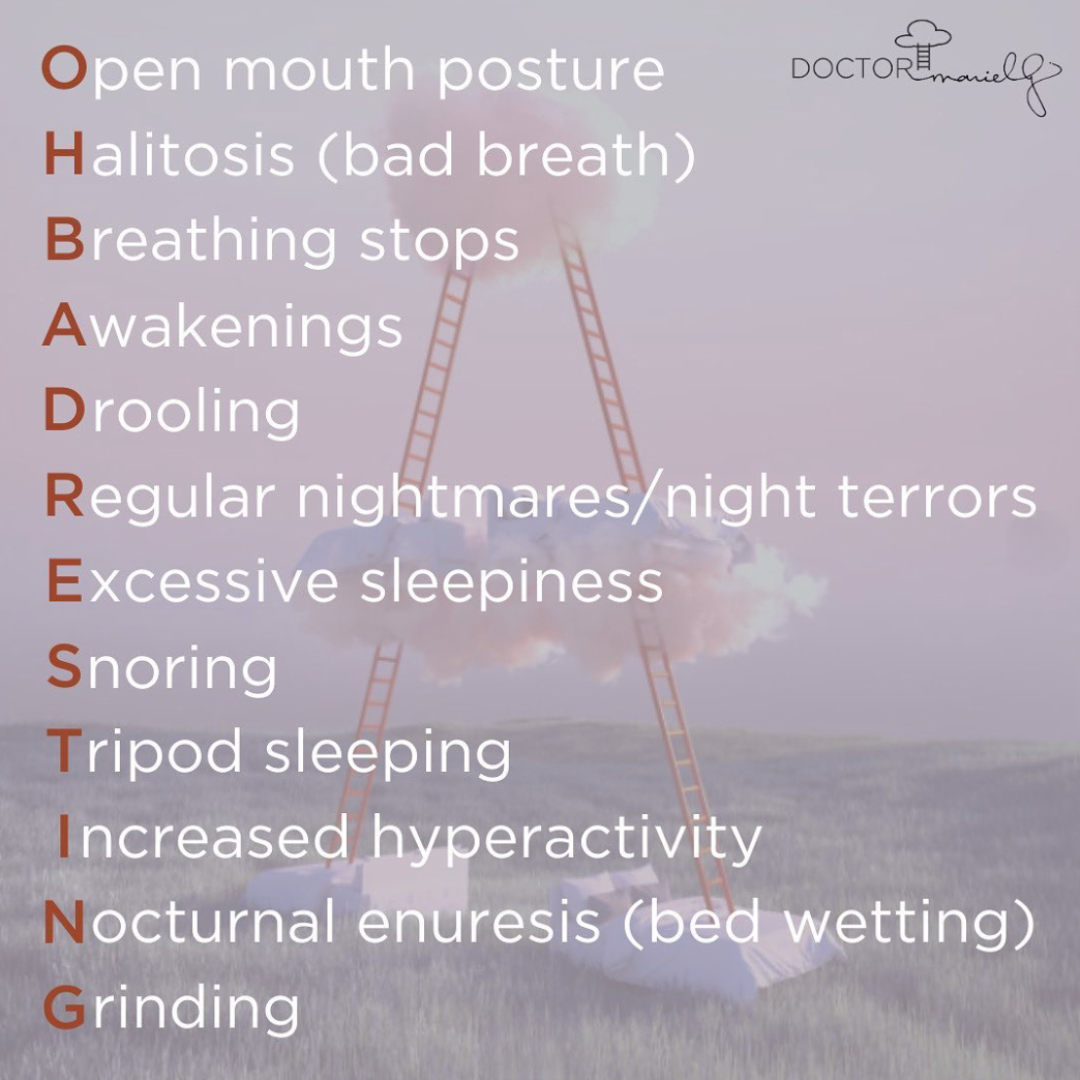Snoring in Kids: Common but Not Normal
If you think snoring is normal, you’re not alone. But despite how common it is, did you know that snoring actually isn’t normal—especially for kids?
At TheraPlay LA, we help families learn why kids snore and what it can mean for their health.
Is Snoring Normal for Kids?
One of the biggest things we remind parents about when it comes to snoring? Just because it’s common doesn’t make it normal.
When kids snore, it means air is having a hard time moving through their airway while they sleep, which can mean less oxygen while sleeping. This can be a sign of airway health problems or sleep-disordered breathing.
Why Do Kids Snore?
Kids can snore for many reasons, including:
Inflamed tonsils or adenoids
Allergies that cause a stuffy nose
Mouth breathing at night
Low tongue tone or poor tongue posture
Airway structure that is too small or narrow
When the airway is blocked or too small, it vibrates and makes the sound we associate with snoring.
What Is Sleep-Disordered Breathing?
Snoring can be a sign of sleep-disordered breathing (SDB).
SDB refers to a collection of symptoms that suggest a child’s breathing is being disrupted while they sleep. It can include:
Habitual snoring
Hyperactivity
Teeth grinding
Bedwetting
Frequent awakenings to use the restroom or drink water
Nightmares/night terrors
Restless sleep
Mouth breathing
Pauses in breathing (apnea)
Gasping or choking sounds at night
Halitosis (bad breath) and cavities despite good oral hygiene
Constant sleepiness
Drooling
Dry mouth
The most concerning form of sleep-disordered breathing is sleep apnea, where a child stops breathing for short periods while asleep.
Why Is Snoring a Problem?
Snoring is more than just noisy—it can actually be harmful.
If a child snores, they’re more likely to:
Show hyperactivity or behavior problems
Wake up often during the night
Not get enough oxygen
Have trouble paying attention
Struggle in school
Sleep lightly, stopping them from getting the deep, restorative sleep they need during this formative period
Feel tired during the day despite sleeping 8+ hours
Fall behind on growth milestones
Good sleep is vital for growing brains and bodies! When a child reaches the appropriate deep states of sleep, they release Human Growth Hormone (HGH), which allows them to grow to their full physical potential. Children who show delays or concerns with their growth curve should always have their sleep evaluated.
How Airway Health Affects Sleep
A healthy, clear airway helps us breathe quietly and easily all night.
Problems like enlarged tonsils, allergies, or poor tongue posture can block the airway. When the airway becomes blocked, it can lead to mouth breathing, snoring, or even breathing stopping during sleep.
At TheraPlay LA, we prioritize airway health to help children sleep better so they can wake up refreshed and ready to learn and grow.
Signs Your Child's Snoring Might Be a Concern
If your child snores often, watch for these signs:
Hyperactivity
Daytime sleepiness
Problems with attention or learning
Trouble waking up
Bedwetting beyond age 5
Restless sleep (“tossing and turning”)
Sweating a lot at night
Loud snoring most nights
Mouth breathing when sleeping
Pauses or gasps while sleeping
If you see these signs, it’s time to talk to a doctor, sleep specialist, or orofacial myofucntional therapist. Schedule a free discovery call below to learn more about how therapy can have your child get the rest they deserve!
How TheraPlay LA Can Help
At TheraPlay LA, we believe that sleep and breathing are the foundations for success and true progress. Without these pillars, lasting and meaningful progress can be difficult to achieve and children are likely to hit therapeutic plateaus. We believe every child should thrive in their day to day instead of barely survive and we are here to guide you and your family every step of the way to more restful nights and even brighter days.
That’s why we:
Check oral motor skills and tongue posture
Look for signs of airway dysfunction
Use myofunctional therapy to promote nasal breathing
Connect you with ENTs, dentists, or sleep doctors if we have concerns
Help your child sleep better and feel better so they can learn better
We believe kids deserve quiet, restful sleep so they can flourish and learn!
When to Get Help
If your child snores often or shows signs of sleep-disordered breathing, don’t wait.
Getting help early can improve sleep, behavior, and learning.
Contact us to schedule a free discovery call. We’re here to help your family breathe easier and sleep better!








